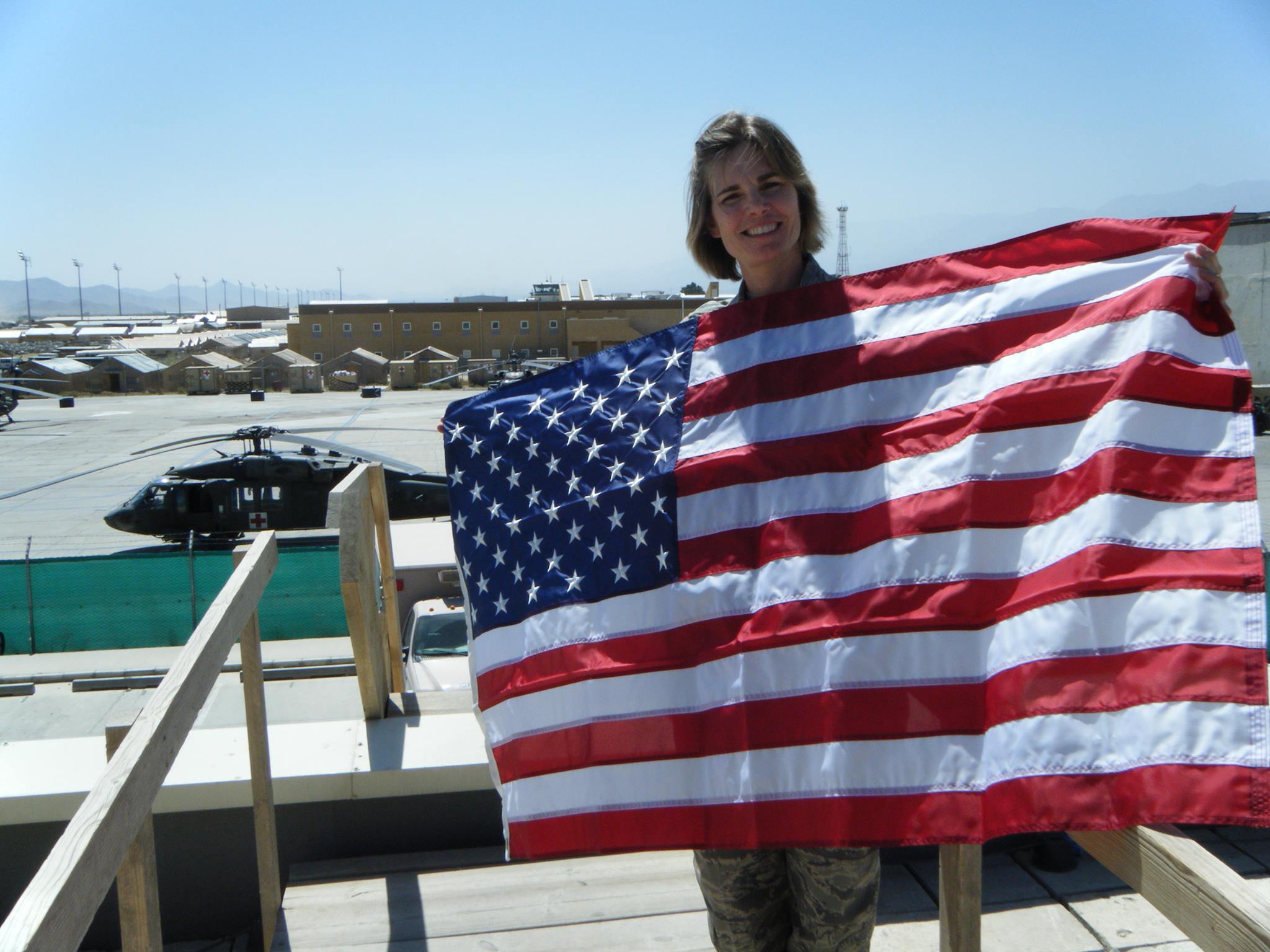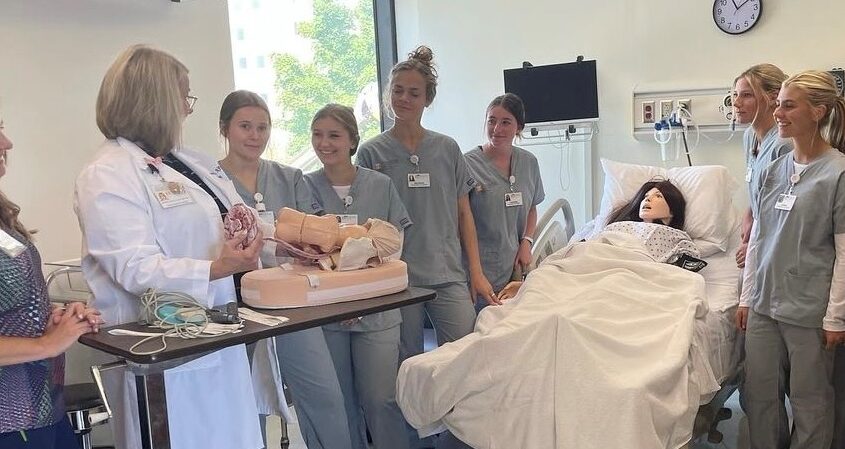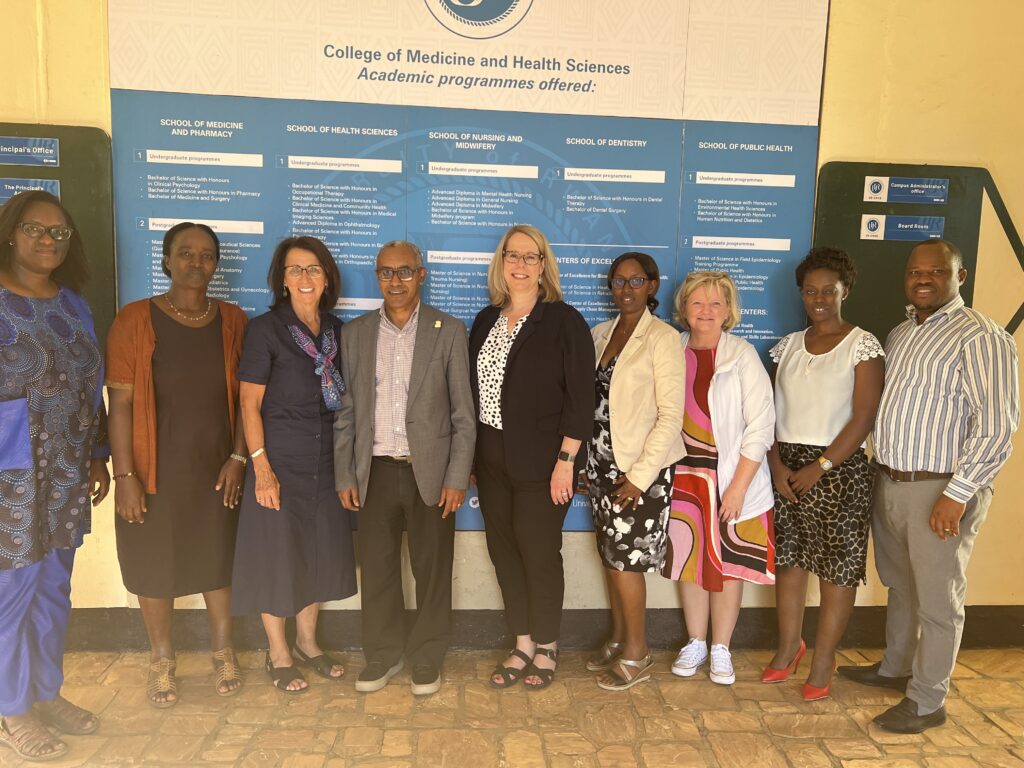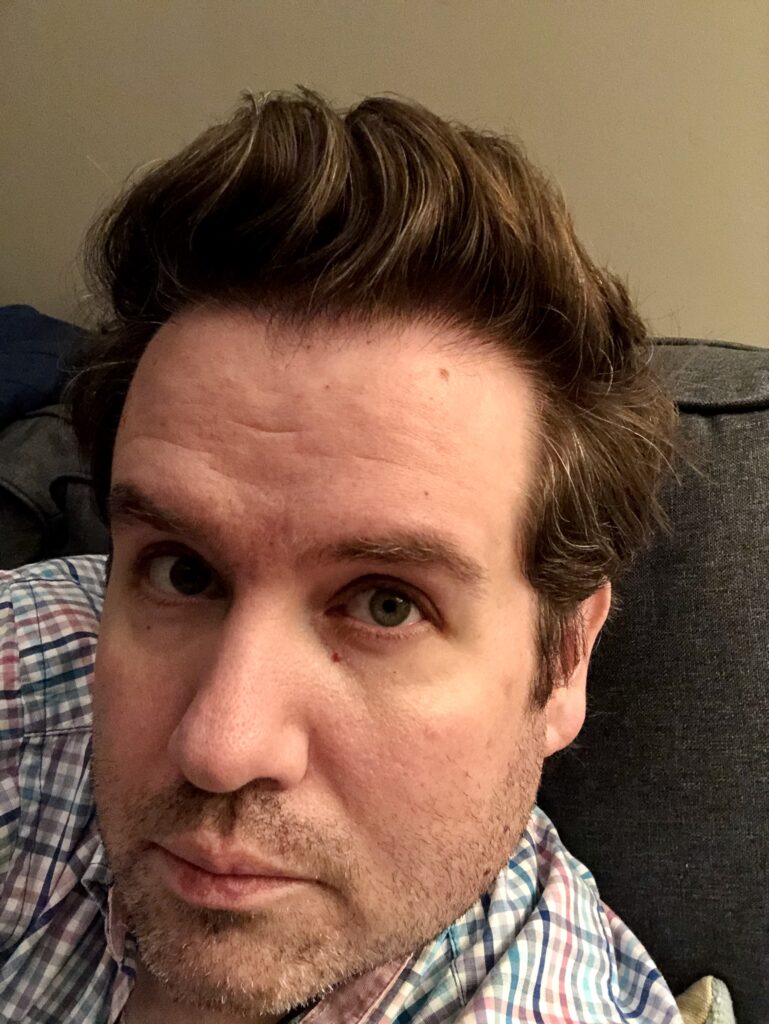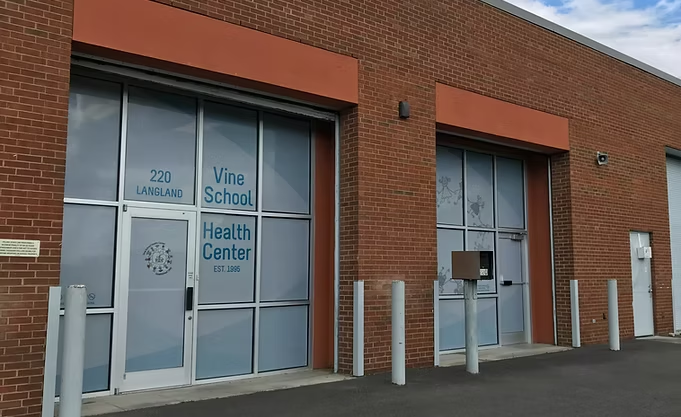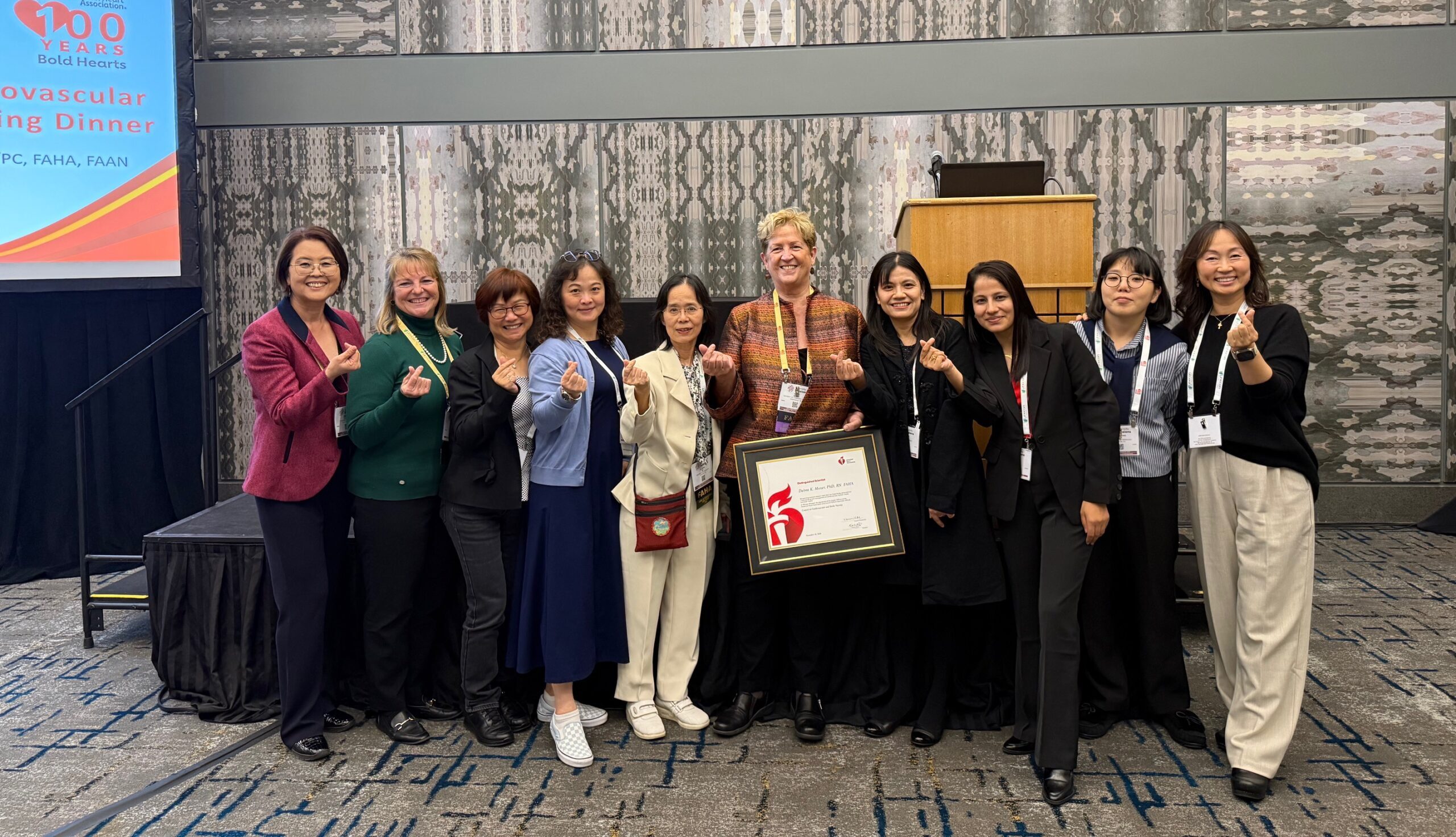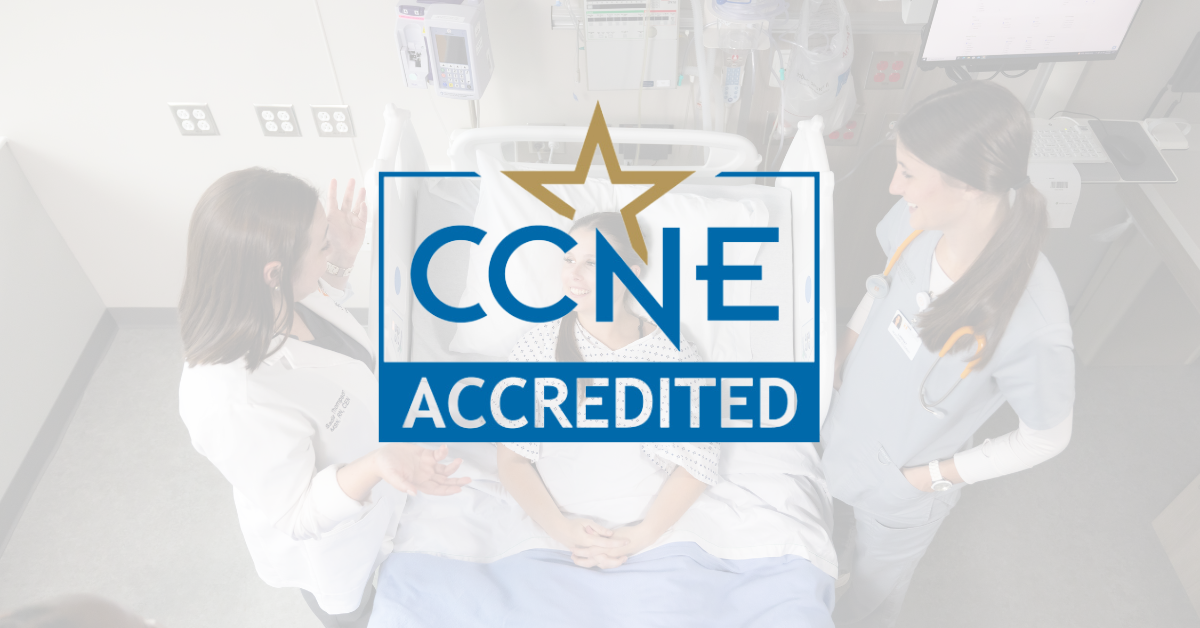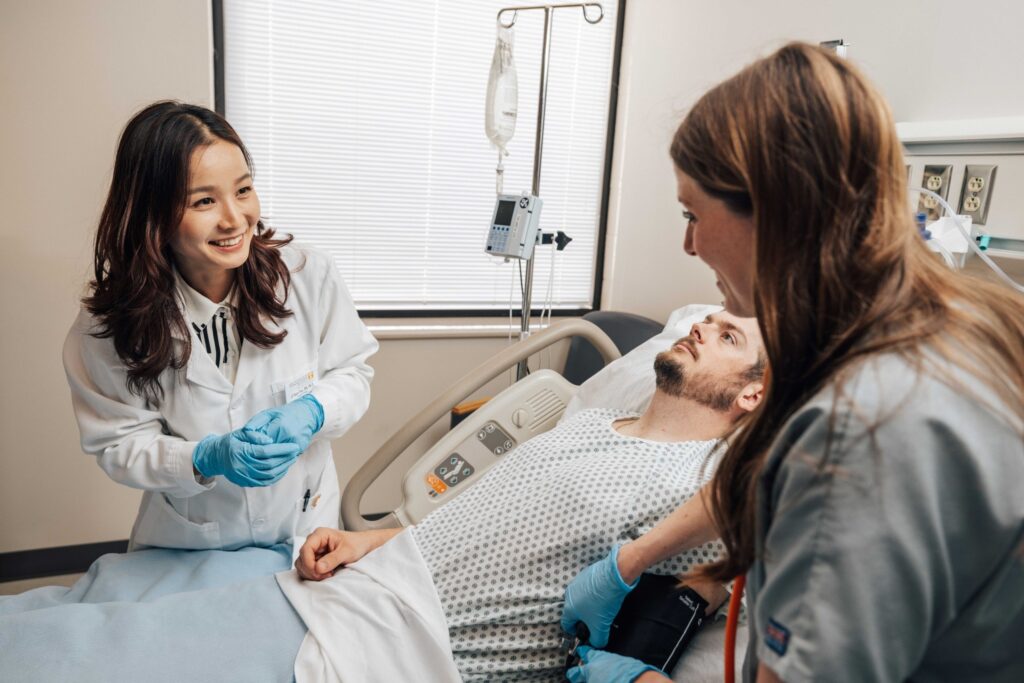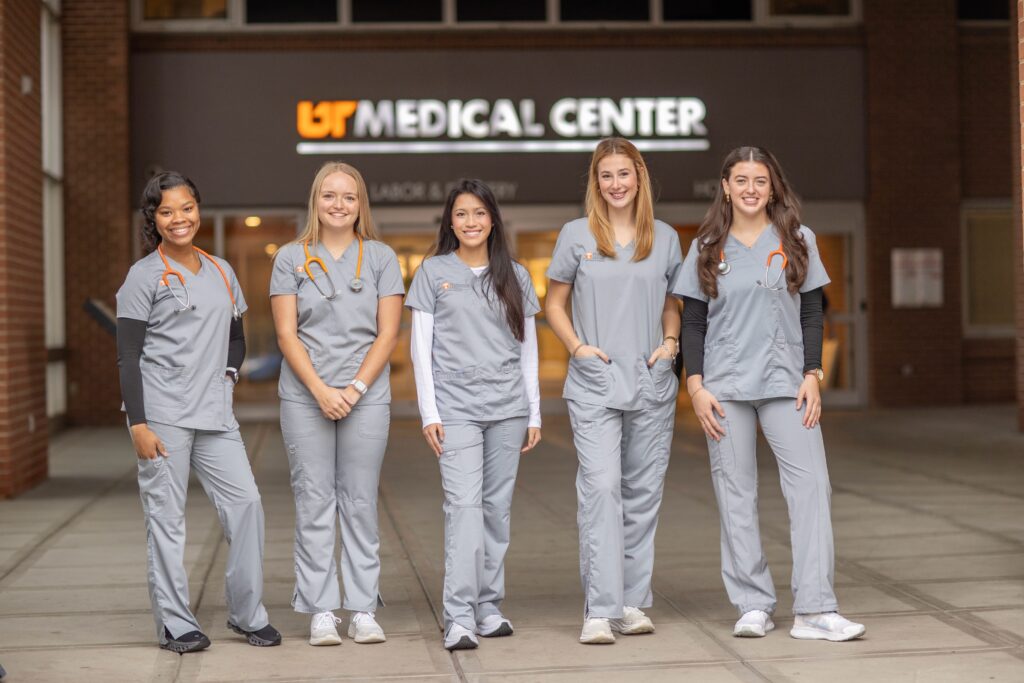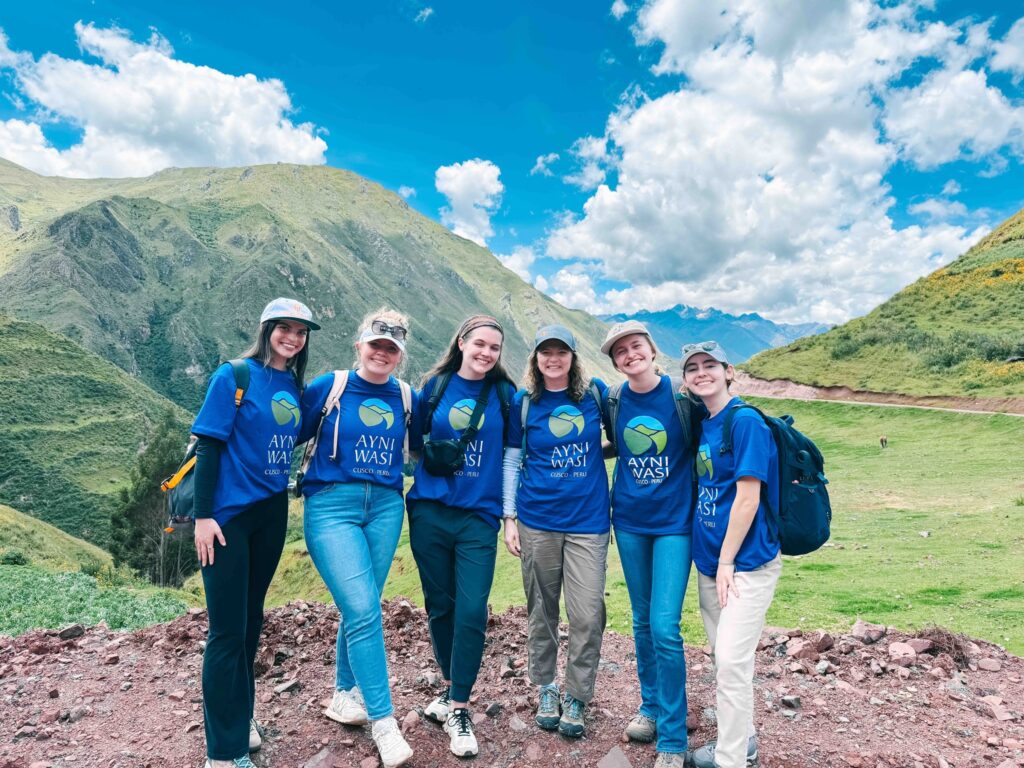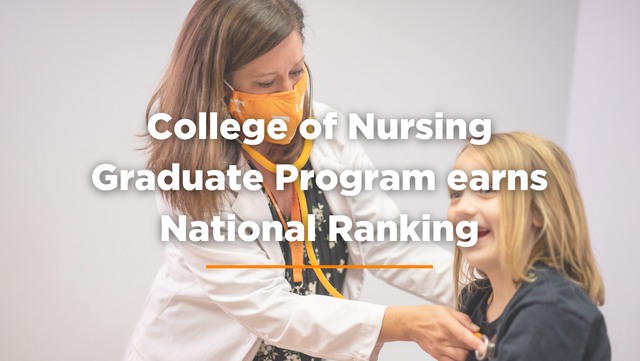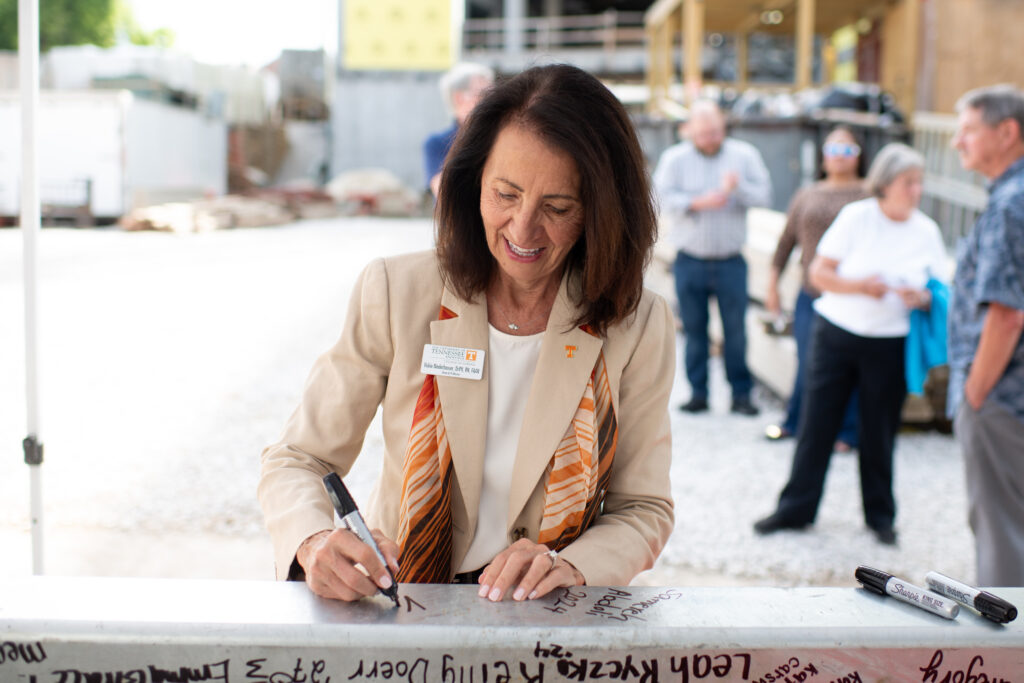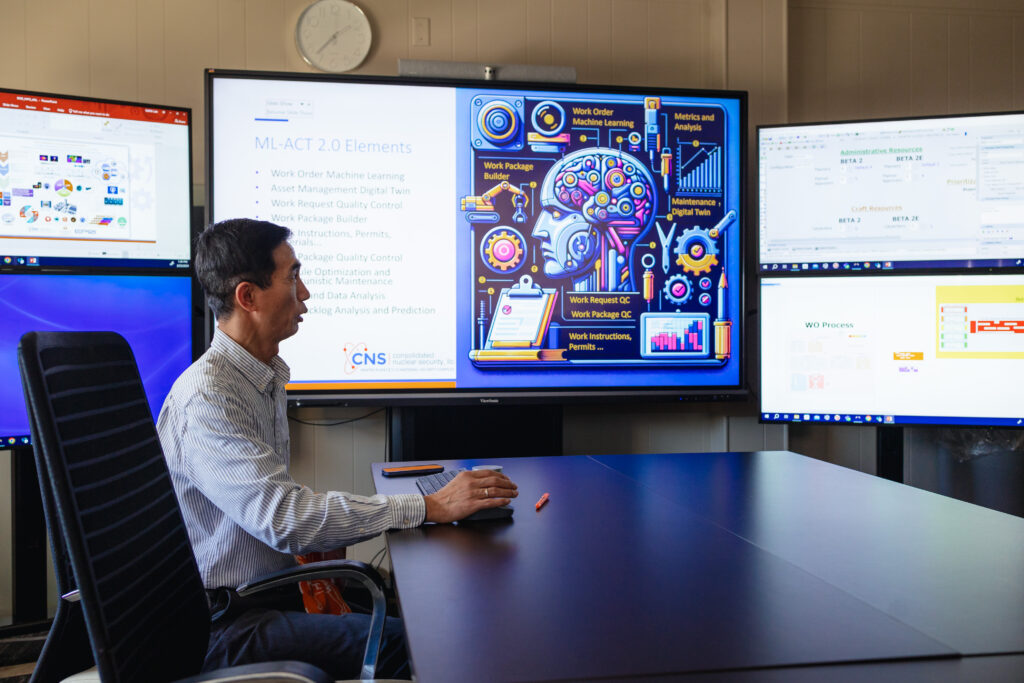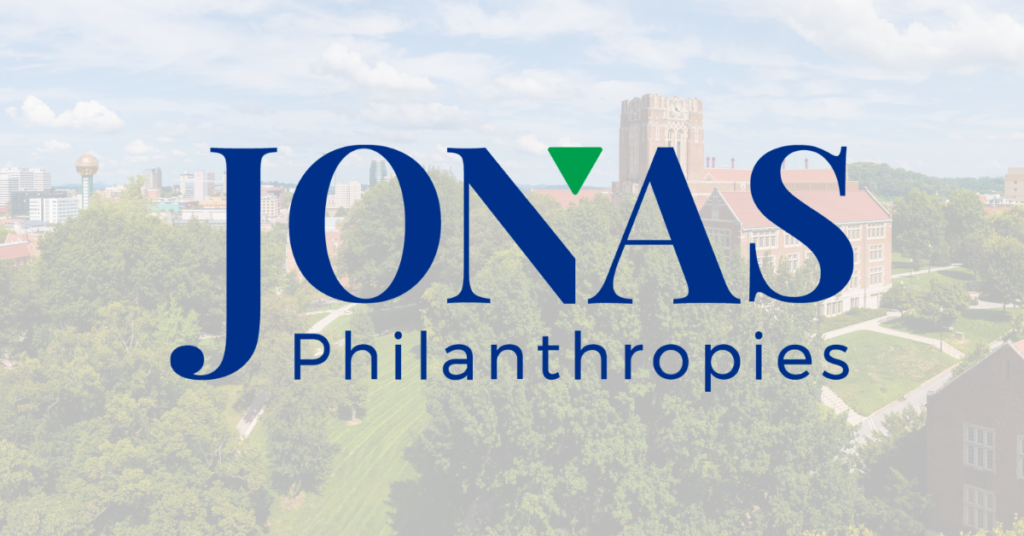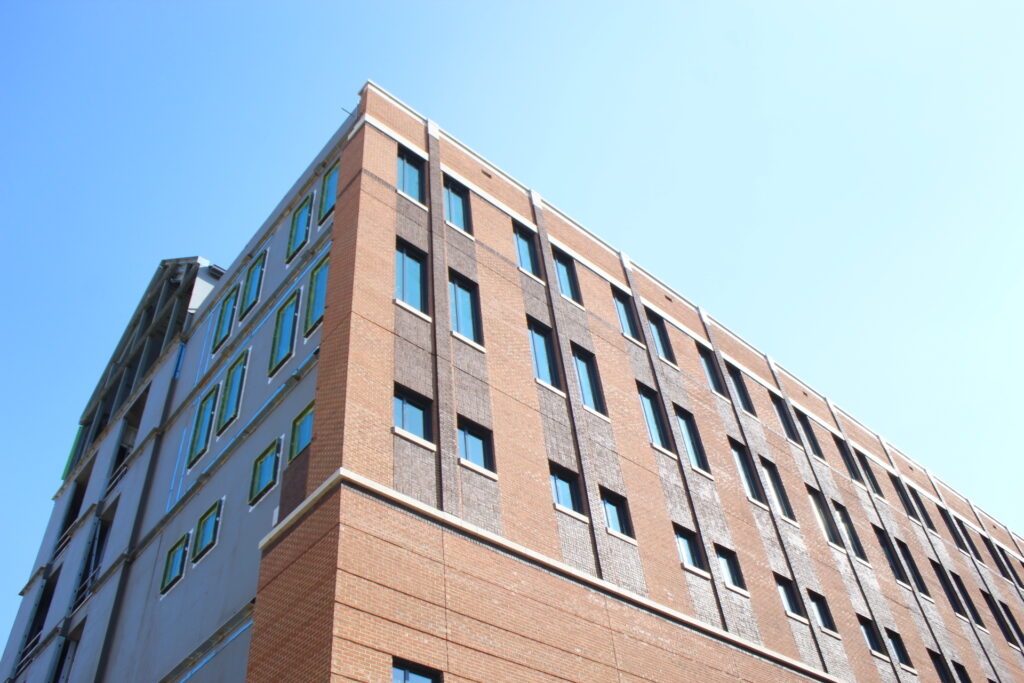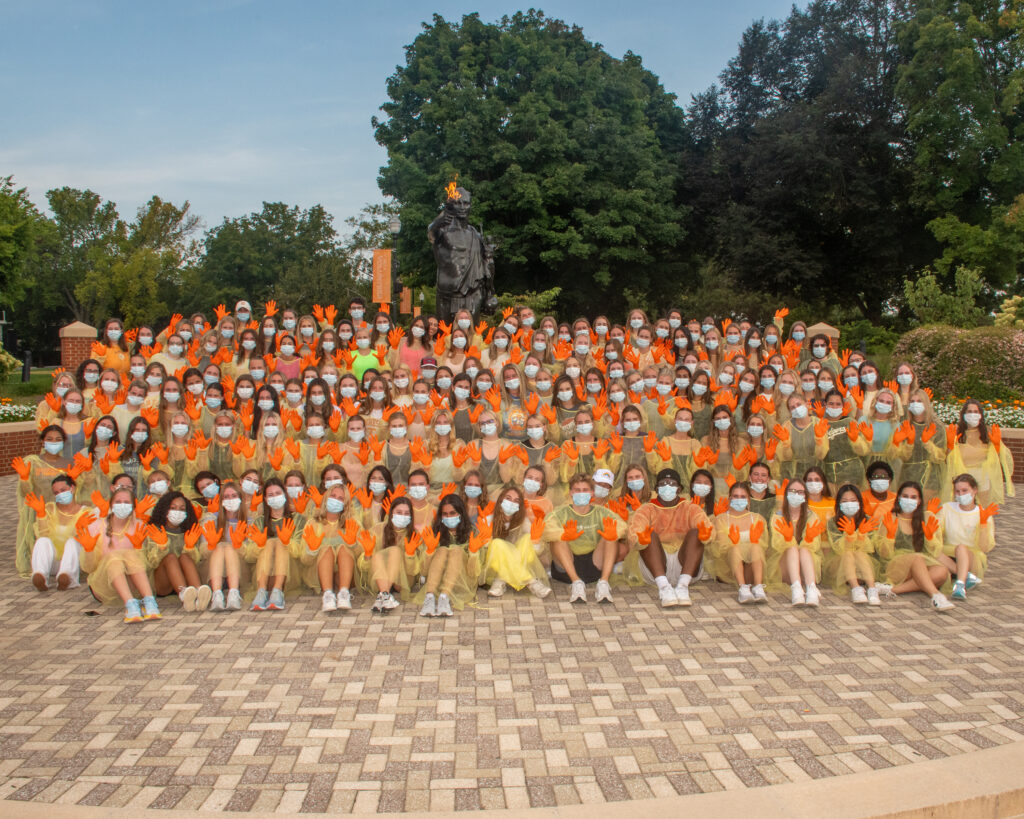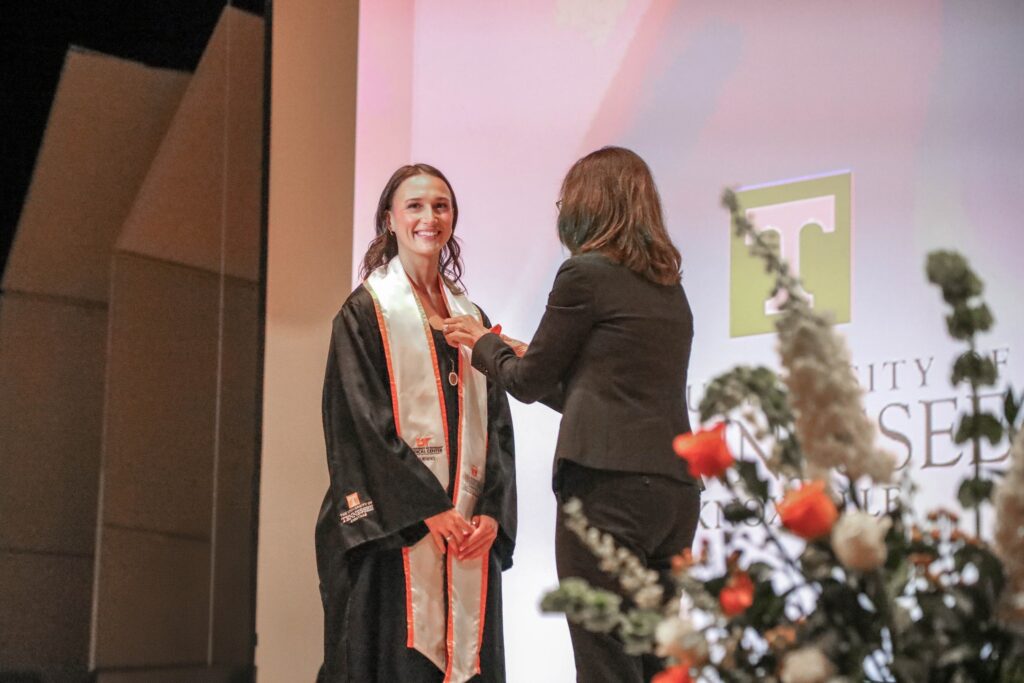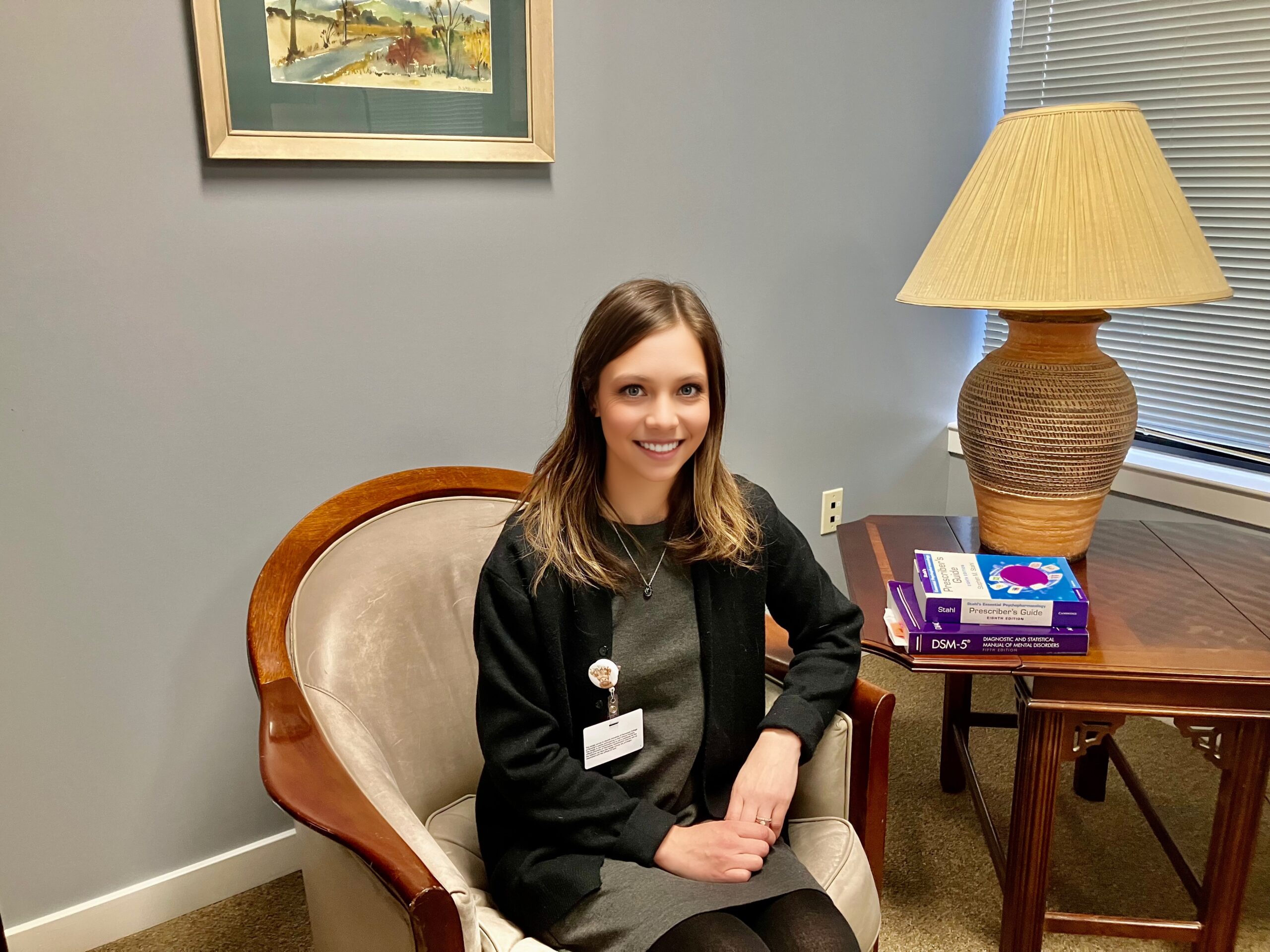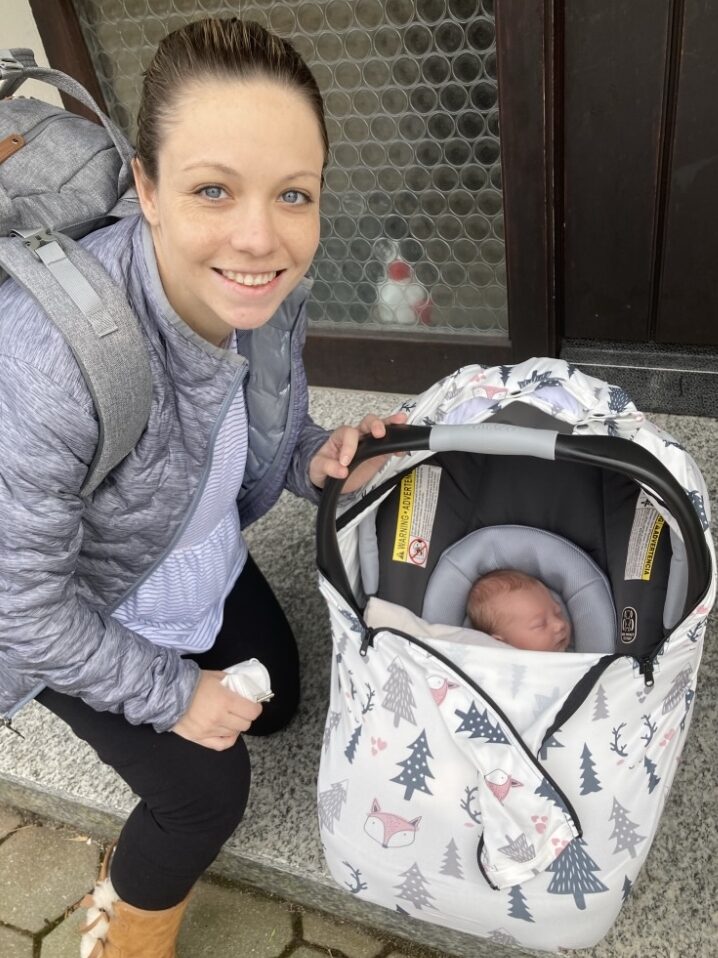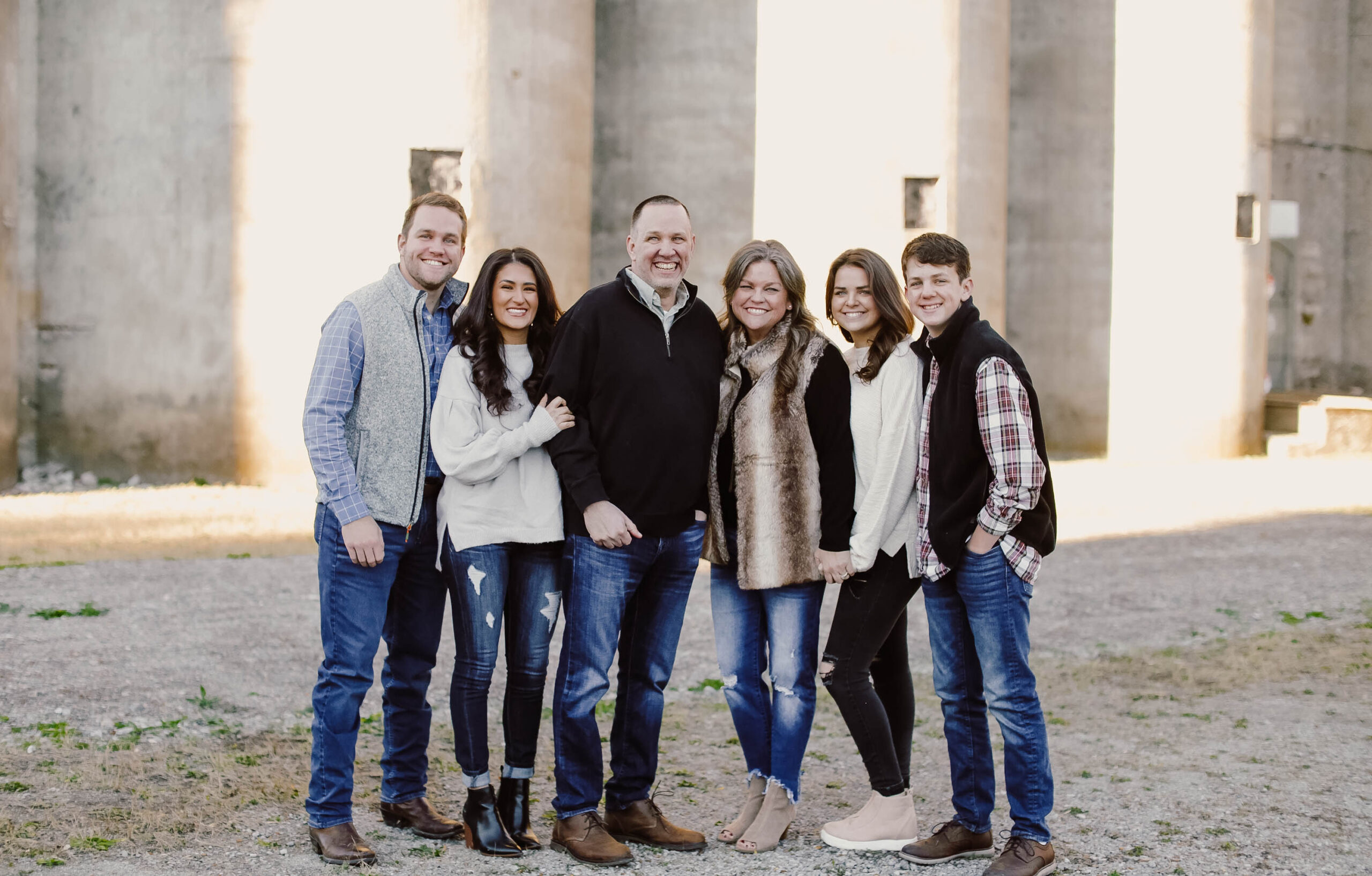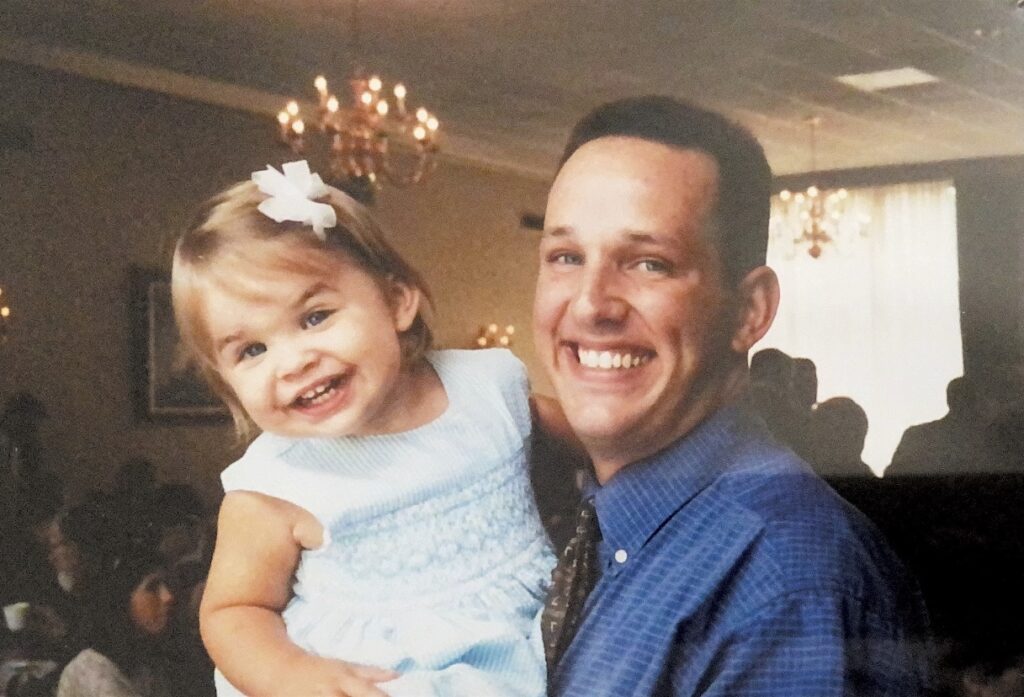Candy Wilson’s path to nursing was not one she had meticulously planned, but rather a journey shaped by life’s unexpected turns. Nursing was not Wilson’s initial career ambition, but a childhood experience caring for her injured sister planted an early seed.
Now the interim associate dean of research and scholarship at the Christine E. Lynn College of Nursing at Florida Atlantic University, Wilson’s career spans three decades of service in the U.S. Air Force, groundbreaking research on military women’s health, and a dedication to mentoring the next generation of healthcare professionals.
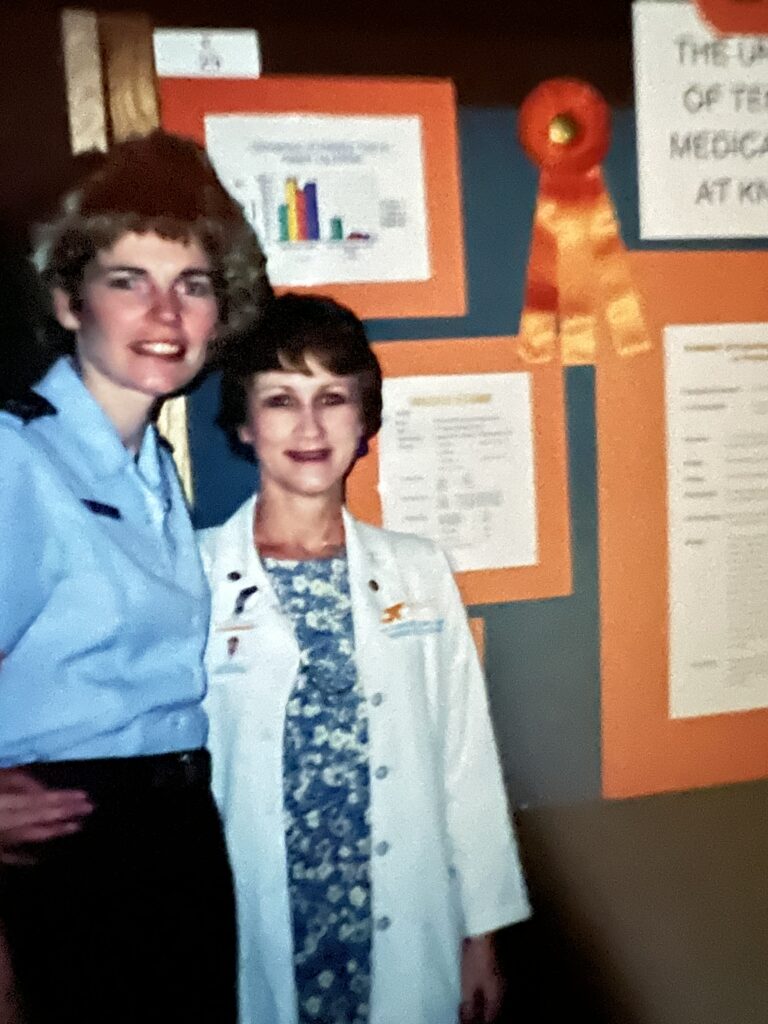
“I wish I could say my life was so purposeful and I had this plan from a young age, but I didn’t,” said Wilson. “One time, when I was babysitting my younger sister, she fell and hurt her arm. As a teenager taking care of her, I freaked out initially. Then I was like I’ve got to fix this. I went into nurse mode then without even realizing it.”
That realization solidified years later when complications during the birth of her first c child reignited her passion for health care. “I needed to go into nursing,” she recalled. “Not just to provide for my family, but to help other women.”
Wilson returned to school and earned her BSN at Western Kentucky University.
Wilson, a long time Air Force spouse, always found the field interesting. Her journey took a turn when her husband, then an active-duty Air Force member, left the service and challenged her: “You love it so much—why don’t you join?” And she did.
What began as a practical decision became a transformative experience, opening doors to a world of nursing beyond traditional hospital settings.
During her time overseas in Afghanistan, Wilson provided care to more than 3,000 women and children.
“The Air Force showed me the possibilities of nursing,” Wilson reflected.
Selected by the Air Force to earn her master’s degree at UT, she credits the university with providing the education and mentorship that shaped her career.

“I had the best educators and classmates,” she said. “Rocky Top still plays in my head, and I’m forever grateful for my time at UT.”
Following her time at UT, Wilson attended University of Colorado at Denver Health Sciences Center for her PhD.
“If you would have told 20-year-old me that I would earn a PhD, I would have laughed in your face,” added Wilson.
Wilson’s interest in symptom science research through an occupational health focus addressed military women’s health needs in three prominent areas that led to changing healthcare practice through policy and education.
Wilson’s research on genitourinary symptoms in deployed servicewomen, iron deficiency in female trainees, and alternative therapies for chronic pain directly influenced military policies. One of her most impactful contributions was her role in a 2015 report to Congress, which provided critical evidence supporting the decision to open all military occupations—including combat positions—to women.
Her studies on military medics’ preparedness to care for female service members led to tangible improvements in medical training and readiness.

“We discovered that medics wanted to do the right thing,” she explained. “But there were gaps in their training. Our research helped update training protocols, supply lists, and pre-deployment checklists to ensure better care for women in the field.”
Through her years of research and service, Wilson has remained committed to not only advancing knowledge but also ensuring that the next generation of healthcare professionals is well-equipped to make a difference.
Her advice to early-career nurse researchers? “Don’t be afraid of hard work. Be willing to put in the effort and stay passionate about your topic. And above all, read—read a lot. Understanding the broader landscape of research is key to making meaningful contributions.”
Whether mentoring students, collaborating with researchers, or shaping policies that improve care, she sees every challenge as an opportunity to drive meaningful change.
As she looks back on her journey—Wilson hopes to inspire others to embrace the unexpected paths that lead them forward.
_____
CONTACT:
Kara Clark Cardwell (865-974-9498, [email protected])
